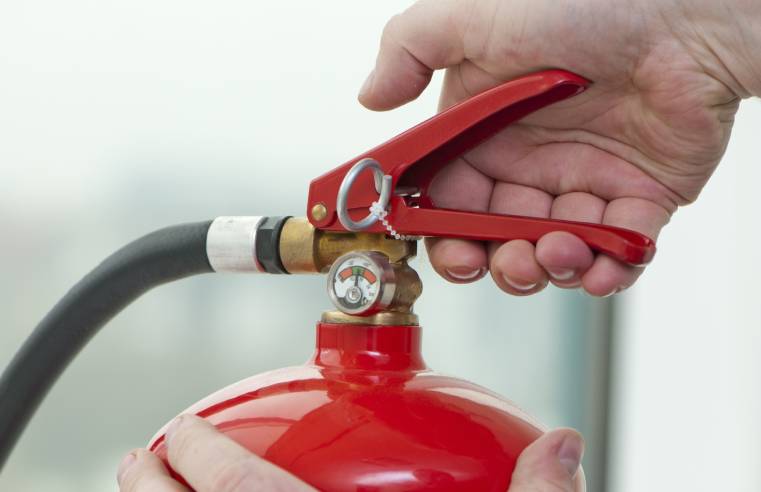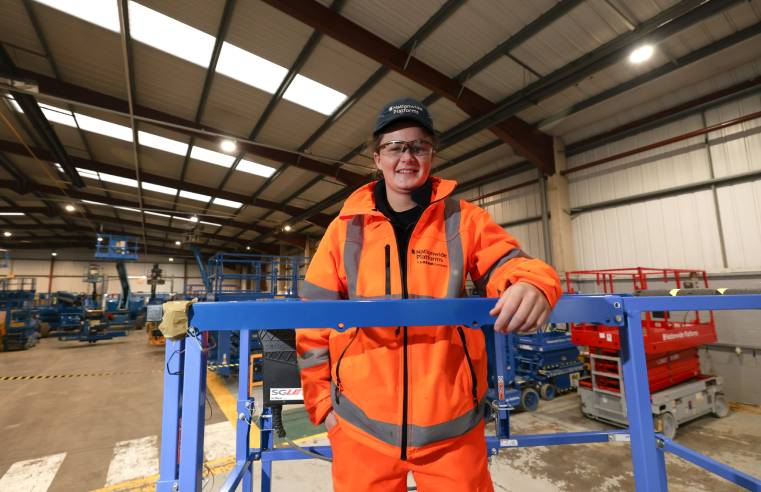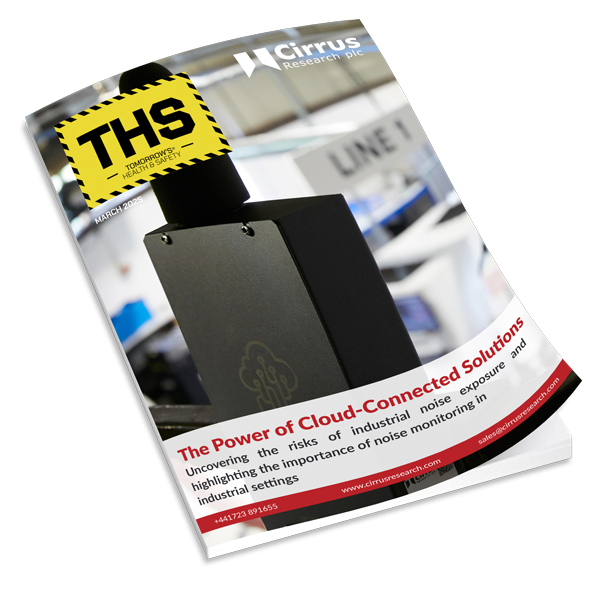According to research undertaken by GRiD ahead of Mental Health Awareness Week (10-16 May), of the four in five employees (79%) who currently have health and wellbeing concerns, stress and anxiety is the biggest issue for almost two thirds (62%).
Employees reported that stress and anxiety was:
• as a consequence of the COVID-19 pandemic (21%)
• related to work (12%)
• related to finances as a direct result of the COVID-19 pandemic (10%)
• related to home life (e.g., caring responsibilities, managing difficult relationships) (10%)
• related to finances more generally (e.g., debt) (8%)
The industry body for the group risk protection sector, fears that some of these health and wellbeing worries may have been exacerbated due to the boundaries between work life and home life having become significantly blurred during the past year. Adding to this lack of delineation are the issues of presenteeism (working whilst sick) and leavism (using non-paid hours and annual leave time to catch up on work) which are reportedly both on the rise and potentially adding to employees’ stress and anxiety levels.
Stress and anxiety issues were not the only main worry for employees: a general lack of fitness (e.g., due to non-active lifestyle/sedentary working) was the primary concern for 14%, and a further 10% of employees also reported that sleeping problems were their main concern.
Katharine Moxham, spokesperson for GRiD said: “Stress and anxiety can seriously hinder our ability to function in everyday situations let alone in a demanding and often pressurised work environment.
“When employees work from home, it’s easy for them to switch on a laptop to ‘stay on top of their inbox’ or ‘get ahead for the next day’ but, because there are only so many hours in the day, the time for family, home admin/chores, relaxation activities or sleep are reduced as a result. This can cause stress and anxiety in other areas of their lives. Similarly, being ill previously meant resting at home but employees now have the ability to log on from their sick bed, despite whether that is good for their health or not.”
GRiD warns that employers need to be aware that these feeling of stress and anxiety among staff are widespread which may impact on their employees’ ability to complete work effectively and could potentially lead to more serious mental health issues in the future.
Employers need to support employees across a number of areas including medical, legal, financial, wellness, relationship, child and eldercare issues. There are a number of employee benefits, such as employer-sponsored income protection, life assurance and critical illness that not only support staff during the most challenging times in their lives but that also offer intervention programmes designed to assist employees in resolving day-to-day personal problems.
Katharine Moxham concluded: “Health and wellbeing concerns often start as minor issues that, if left unchecked, become bigger burdens. Unfortunately, the pandemic has meant that many employees’ lives are more complex and they have much more on their plate from both a personal and professional point of view. By using the support embedded in to employee benefits, employees will be able to help resolve their concerns efficiently because they’re being guided by experts in their field.”






















